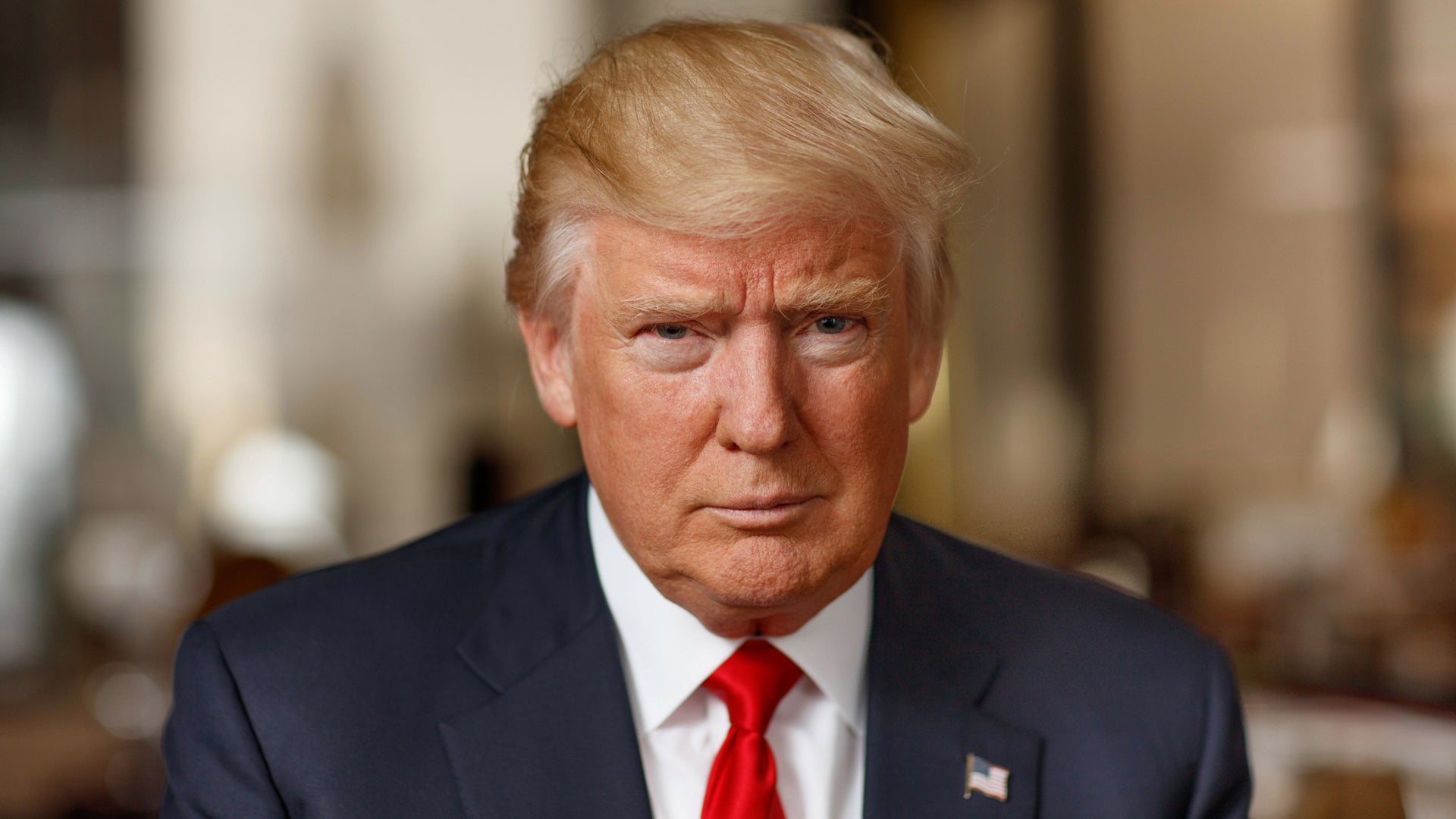Presidential Health: A Look Inside the Medical Records of U.S. Leaders
Being President of the United States—the leader of one of the most powerful nations on Earth—means constantly living under a microscope. From the first day in office to well beyond their final term, presidents are scrutinized not only for their decisions but also for their health.
Recently, CNN brought attention to this by publishing a detailed report revealing the health records of several former U.S. presidents. The information includes general health stats like weight, height, and overall condition. Some records go deeper—like President Barack Obama’s, which mentions the removal of a skin tag.
Although there’s no law requiring presidential candidates to release their medical histories, Dr. Ronny Jackson broke tradition by publicly declaring during a press briefing that then-President Donald Trump was in “excellent health.”
Let’s take a closer look at what’s been shared about the health of recent U.S. presidents:
President Gerald Ford (1974–1977)
In January 1975, Ford’s physician proudly announced that the president was in “excellent health,” with all test results returning normal. A year later, a follow-up physical noted mild knee discomfort from standing too long, but Ford was otherwise in great shape, maintaining his weight around 195–198 pounds. He was said to be sleeping well, working long hours, and following his diet closely.
Interestingly, Ford’s physician highlighted the benefits of the newly built White House swimming pool, made possible by public contributions. Despite Ford’s initial hesitation to use it during winter due to energy concerns, his doctor encouraged him, believing it would boost his mood and overall well-being. Ford regularly swam 24 pool lengths—around a quarter-mile—in just 14 minutes.
President Ronald Reagan (1981–1989)
Reagan’s 1981 medical report, signed by 14 specialists, stated he was “in excellent health,” even after surviving an assassination attempt that same year. He also underwent a minor procedure to drain a sebaceous cyst from his finger, which wasn’t considered a medical concern.
In 1985, doctors again praised Reagan’s health, noting that his blood pressure had improved. By 1988, near the end of his presidency, Reagan’s doctor described him as being in “remarkable physical condition.”
President George H. W. Bush (1989–1993)
Bush’s 1989 physical showed that he was in “extremely sound physical condition.” All standard tests came back normal. The only notable issue was mild osteoarthritis in his hips, which had been present for years and didn’t significantly impact his activity level.
President Bill Clinton (1993–2001)
A 1997 checkup revealed that Clinton was experiencing some hearing loss and received a hearing aid. He also had cysts removed from his chest and nose. In 2001, a suspicious skin lesion was excised and confirmed to be superficial basal cell carcinoma, a common form of skin cancer that was completely removed.
Clinton later faced more serious health issues. In 2004, he underwent quadruple bypass heart surgery, followed by another heart procedure in 2010. Reflecting on those experiences in CNN’s “The Last Heart Attack,” he admitted, “I was lucky I didn’t die of a heart attack.” That same year, Clinton adopted a vegan diet.
President George W. Bush (2001–2009)
Bush was known for his active lifestyle, though he had a history of sports-related injuries. Medical records from 1998 and 1999 show he had benign colon polyps removed and mild hearing loss at high frequencies. However, his speech-frequency hearing was excellent.
In 2001, doctors declared Bush’s cardiovascular fitness to be in the top 2% for men his age. He followed a disciplined routine of swimming, weight training, and elliptical workouts. While he occasionally consumed diet soda, coffee, and even the rare cigarette, his physical condition was considered superior.
President Barack Obama (2009–2017)
During his presidency, Obama had four medical checkups. Each showed healthy vital signs and provided updates on his medications. He was advised to take daily vitamin D, occasional Nexium for acid reflux, and Malarone for malaria prevention during foreign travel. He also used nicotine gum to support his efforts to quit smoking.
President Donald Trump (2017–2021)
According to his personal physician, Trump was in “excellent health.” On President Joe Biden’s 81st birthday, Trump shared a report praising his “exceptional” cognitive health. His weight loss was credited to a better diet and regular physical activity, though specific test results were not provided.
In 2015, Trump’s doctor famously claimed he would be “the healthiest individual ever elected president,” a statement later revealed to have been written by Trump himself.
Throughout his presidency, Trump’s physical and mental health often made headlines. Critics questioned his fitness for office, especially after he publicly boasted about performing well on a cognitive test designed to detect signs of dementia—repeating words like “Person. Woman. Man. Camera. TV” became a media talking point.
As Trump positions himself for a possible return to the political stage, former aides have raised fresh concerns about both his physical and emotional health.
President Joe Biden (Current)
Though President Biden’s medical reports show that he’s generally in good health, his frequent falls and stumbles remain a public concern and frequently spark debate in the media.
From Ford to Biden, the health of American presidents has always fascinated the public. While some details remain private, these glimpses into their medical histories offer a human side to the highest office in the land.
If you found this article interesting, don’t forget to share it with friends and family on Facebook!
